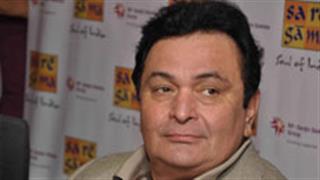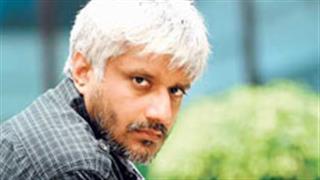The "Paan Singh Tomar" filmmaker said the as-of-yet untitled project will also be adapted into a TV series after the film releases.
"I am working on a project right now, it will be on Subhash Chandra Bose's Indian National Army and the trial they had at the Red Fort. First a feature film will come out, followed by a six-part TV series on Rajya Sabha channel," Tigmanshu told PTI.
The director will start the movie after the release of his upcoming venture "Yaara". "I have finished 'Yaara'. It is now in post production stage. I am going to start the other movie in July, it should release next year. I am yet to lock a cast, but I will need really good actors for the film," he said.
"It is a very different film, so I am even considering actors from theatre and others who can pull this off," he said.
Tigmanshu, whose last directorial venture was Saif Ali Khan-starrer "Bullet Raja", will also revive his pending project - "Milan Talkies".

"Earlier Balaji was supposed to produce the movie, but we were not able to set it up and things didn't fall into place. Now I am going to produce the film myself. I am ready with the script, in fact, we would've shot it right now, but since the film is based in North and it is really hot at this point of time, we will wait," he said. He said "Milan Talkies" will star newcomers and go on floors after he finishes the film on Bose's INA.
Presently, Tigmanshu has made a short film for the "Zeal for Unity" initiative. Titled "Baarish aur Chowmein", the film stars Amit Sadh and Taapsee Pannu.
"It is a contemporary sweet love story between a Muslim boy and a Hindu girl set in Mumbai. It is a 50-minute film and I took nine days to make it," he said.
The initiative features short films by 12 filmmakers, six Indian and as many Pakistani, to make 12 different movies, as an effort to ease the tension between India and Pakistan.
"It is a great initiative. While the gap between the nations is something created by politics, things like these can certainly help people of the two countries come closer, because the people of Pakistan are exactly like us, we are all same. So, this cultural exchange should be encouraged and is a good way forward," Tigmanshu said.




















